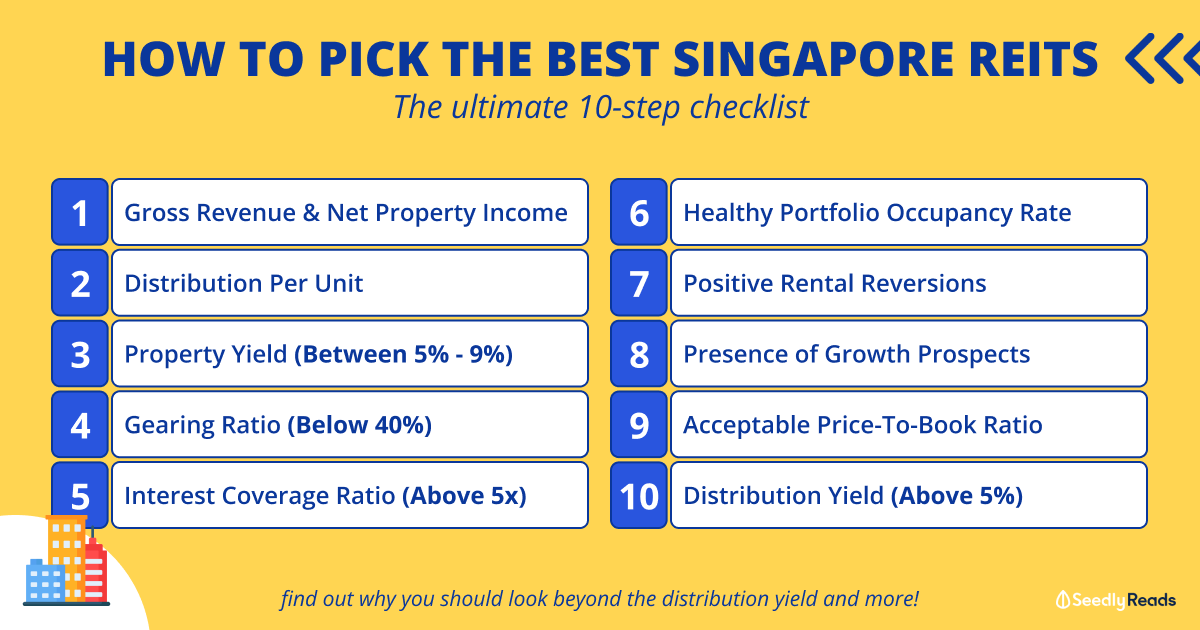Advertisement
I have $10k in my account to invest. I am thinking between insurance, bonds or reits. My horizon is 10 years. Which should I put my money in?
What are the pros and cons for each asset class? For e.g I heard that one should not invest via endowment policies/ILP. Why ah?
13
Discussion (13)
Learn how to style your text
Reply
Save
Loh Tat Tian
10 Sep 2019
Founder at PolicyWoke (We Buy Insurance Policies)
Ok it might be too late, but I shamelessly plug this to join me https://www.eventbrite.com/e/investment-regret-...
Ok jokes aside,
Insurance is really an asset design to beat inflation, give you protection only (cost of insurance) and very defensive in its returns. It's also illiquid due to the commitment required until maturity.
Bonds have various different grades, and hence the risk level differs. But generally, investment-grade bonds are safe enough to consider very little defaults (since in the order of liquidation, bond repayment ranks higher than equities). Different thing is hyflux though.
REITs are income producing equities (their structure requires a near to 90% profit payout), which acts like equities due to the way it is valued and traded on the stock market. Hence you may gain dividends, but lose capital which can be painful if it's not managed well.
Learn what is your risk profile first before investing...
Reply
Save
Victor Lye
27 Aug 2019
Founder & CEO at SquirrelSave
Insurance is not an asset class viz bonds and REITs. Life insurance is fundamentally a bundled product that contains an actuarial element and a savings component. You have no control over the investments made by the insurance company. In any case, the investments made by the insurance company does not consider your individual risk profile as it is pooled into a fund.
Endowments are also insurance products and similar to what is described above except that the savings component is proportionately much larger than the actuarial premium. It has the same drawbacks where it concerns your individual needs and personalisation.
ILPs or Investment-Linked Policies are also insurance products. Sadly, many are sold the ILP insurance product as if it is an investment. Yet, the underlying investment or savings component is typically outsourced to a third-party investment fund(s).
There are high distribution expenses (commissions paid to agents) and product fees in insurance/endowments/ILPs which you should ask about. It's better, frankly, to "buy term and invest the rest". That is, separate your protection and savings needs. Don't bundle them up in an insurance purchase which contains high charges, fees and commissions. You have greater flexibility in adjusting your savings strategy as your life needs change without risking your protection cover.
Bonds are not as liquid unless you move large sums. There are spreads that will eat into your returns. However, bonds offer lower risk in general than equities - but you should review carefully the risk ratings, if any before considering it for your portfolio.
REITs are like equities and fixed income at the same time. The underlying REIT price can fluctuate - affecting the effective yield return based on the dividends paid. However, depending on the REIT selected, the yields can look very attractive to bonds and equities. Yet, REITs carry price fluctuations like equities.
Your time horizon of 10 years is more effective for higher risk-taking, all other things constant.
After several years of managing people's money, I take cognizance of AI technology to improve the investing method. I strongly recommend that you invest your monies in a Robo that is fully AI to remove human bias and that automatically rebalances and optimises your portfolio. Use a psychometric focused risk profiler tool to assess your own risk-reward behaviour. After all, people don't do what they say. Once your risk profile is assessed with accuracy, you can start your investing journey with confidence assuming you pick the appropriate digital AI investment manager.
For this reason, I started www.squirrelsave.com.sg to offer smart investing for anyone, anywhere, anytime. No knowledge needed. No complex decisions. Just know yourself.
Reply
Save
Depends on when you want to take the money out. If it's for retirement, annuities although I think you need about 15k.
If you're planning to kinda keep it hanging around, then REITs/ETFs.
If you need to take it out at the end, then endowment or SSB =)
Reply
Save
Jefremy Juari
09 Jul 2019
Financial Writer at Medina Books
ILP and endowments charge high upfront fees. For example, ILPs have a sales charge, trailer fee, ins...
Read 8 other comments with a Seedly account
You will also enjoy exclusive benefits and get access to members only features.
Sign up or login with an email here
Write your thoughts
Related Articles
Related Posts
Related Posts
Advertisement










My choice would be (when emergency funds already established) an not risk-averse:
no insurance
no bonds
no mutual funds or unit trusts
no single REITs
but, yes: global passive stock indexing ETFs (only successful past examples: VT, VOO, IVV) and
S-REIT ETFs (most Singapore focused = Lion-Phillip S-REIT ETF)